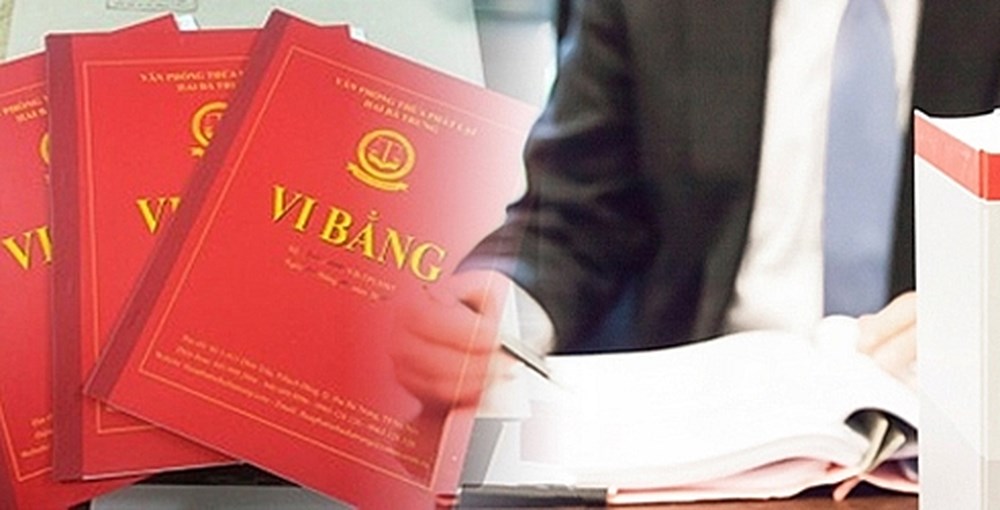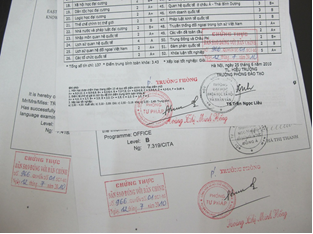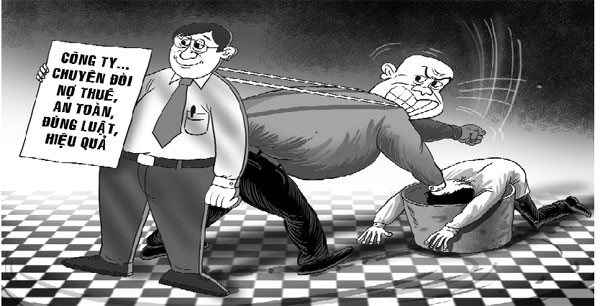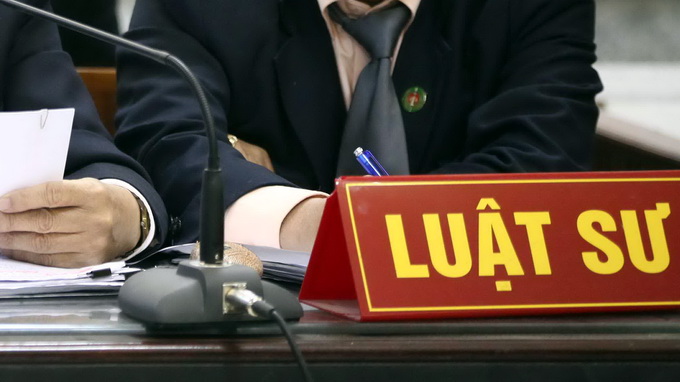This is the notable content in Decree 08/2020/ND-CP on the organization and operation of bailiffs, officially effective from February 24, 2020, replacing Decree 61/2009/ND-CP.

Illustrative Image
To be specific, according to the regulations at Article 36 of Decree 08, a Bailiff (Thua phat lai) is authorized to create minutes recording actual events and actions upon the request of agencies, organizations, or individuals nationwide, except for cases specified at Article 37 where creating such minutes is prohibited, including:
- Matters related to the rights and interests of the Bailiff and their relatives, including: Wife, husband, biological child, adopted child; biological father, biological mother, adoptive father, adoptive mother, paternal grandfather, paternal grandmother, maternal grandfather, maternal grandmother, uncle, aunt, male cousin, female cousin, siblings of the Bailiff or the Bailiff’s spouse; and nieces or nephews whose uncle or aunt is the Bailiff.
- Violations of national security and defense regulations, including: Infringing on security and defense targets; disclosing state secrets, disseminating information, documents, and items constituting state secrets; violating regulations on access, entry, and movement in prohibited areas, protected areas, safety perimeters of security, defense works, and military zones; violating regulations on the protection of secrets, protection of security, defense works, and military zones.
- Violations of personal privacy, personal secrets, and family secrets as stipulated in Article 38 of the Civil Code; contrary to social ethics.
- Verifying the content, signing contracts, transactions within the jurisdiction of notarial and certifying activities by law; verifying the accuracy, legality, and social ethics compatibility of translations from Vietnamese to a foreign language or vice versa; verifying signatures or correct copies against originals.
- Recording events and actions for the transfer of land use rights, ownership of unregistered property according to legal provisions.
- Recording events and actions to facilitate illegal transactions requested by clients.
- Recording events and actions of officials and public employees, officers, professional soldiers, workers, and public defense employees within agencies and units of the People's Army, officers, non-commissioned officers, and soldiers within agencies and units of the People's Public Security while performing official duties.
- Recording events and actions not directly witnessed by the Bailiff.
- Other cases as prescribed by law.
Thus, it can be seen that, compared to Decree 61, Decree 08 has added regulations on 09 cases where the Bailiff is prohibited from creating minutes, additionally, from the effective date of Decree 08, February 24, 2020, Bailiffs will officially have the authority to record minutes nationwide.
Previously, Decree 61 and Decree 135/2013/ND-CP amending and supplementing several articles of Decree 61 prescribed that Bailiffs only had the right to record minutes for events and actions occurring within the province or city under central authority where the Bailiff Office is located, and upon the request of the parties, except as provided in Article 6 of this Decree, cases of violations of national defense, security regulations; violations of personal privacy according to Article 38 of the Civil Code; cases under the jurisdiction of notarial practice organizations or certification authorities of the People's Committees at all levels and other cases as prescribed by law.
Nguyen Trinh
 Article table of contents
Article table of contents





.Medium.png)
.Medium.png)
.Medium.png)
.Medium.png)
